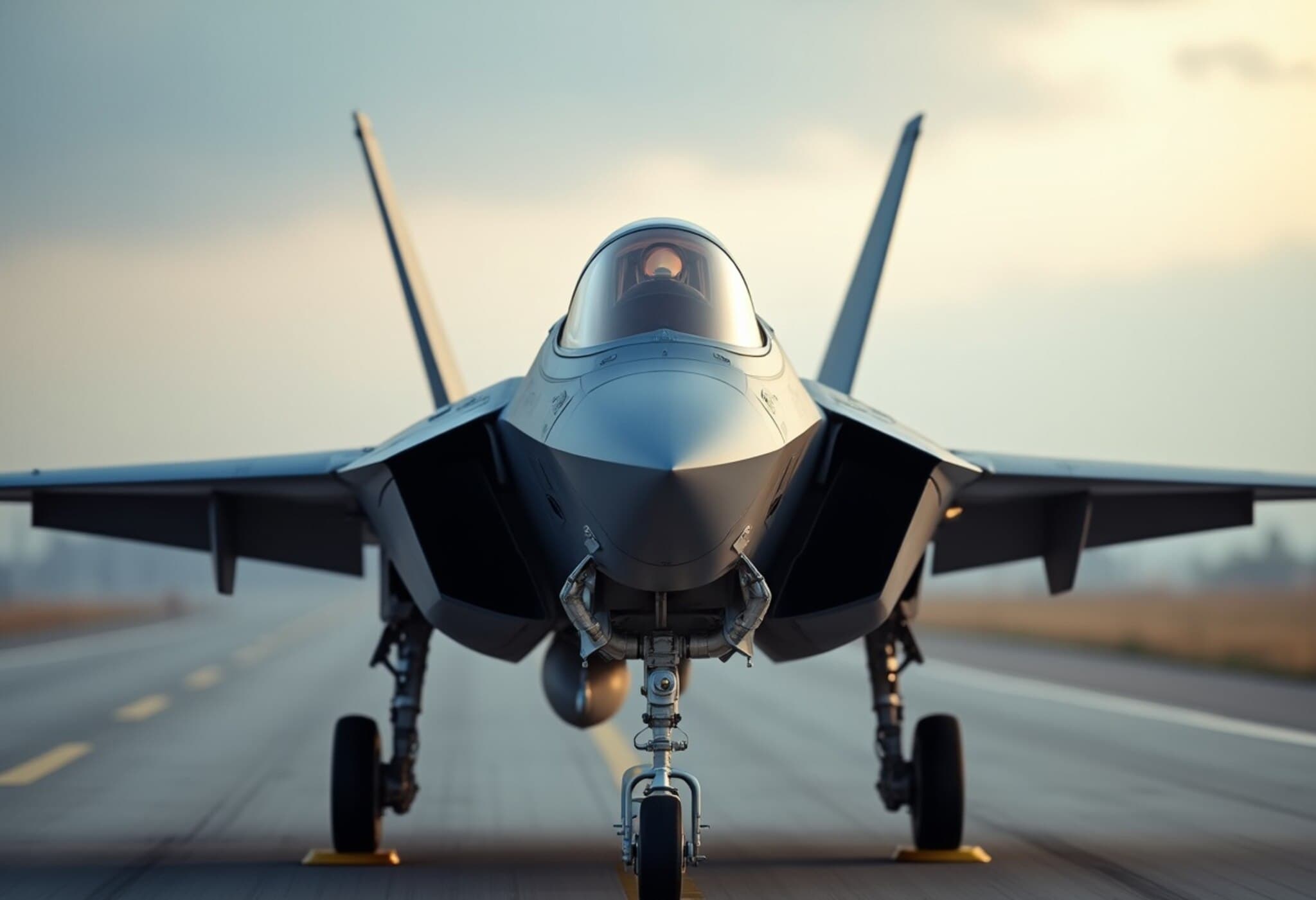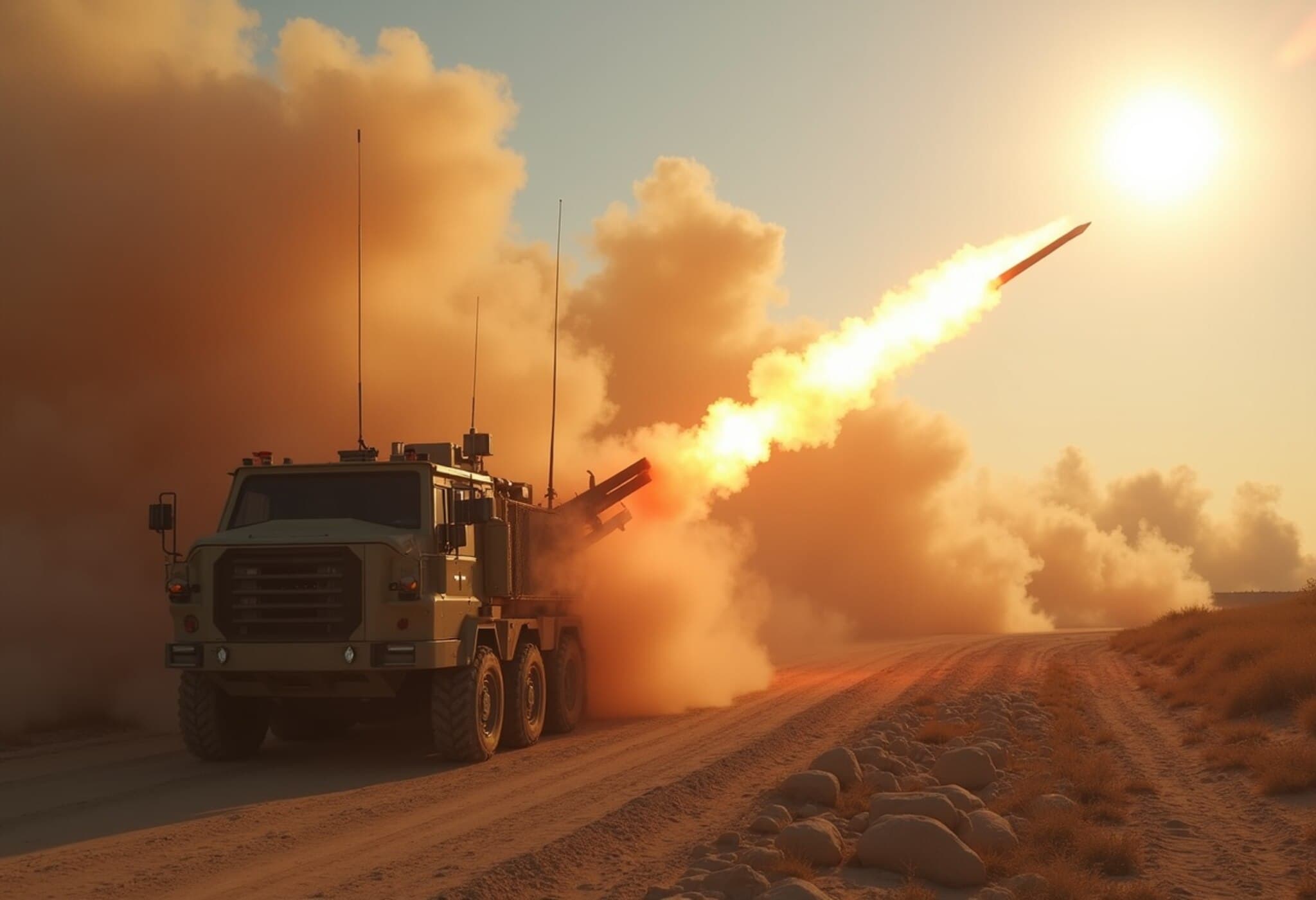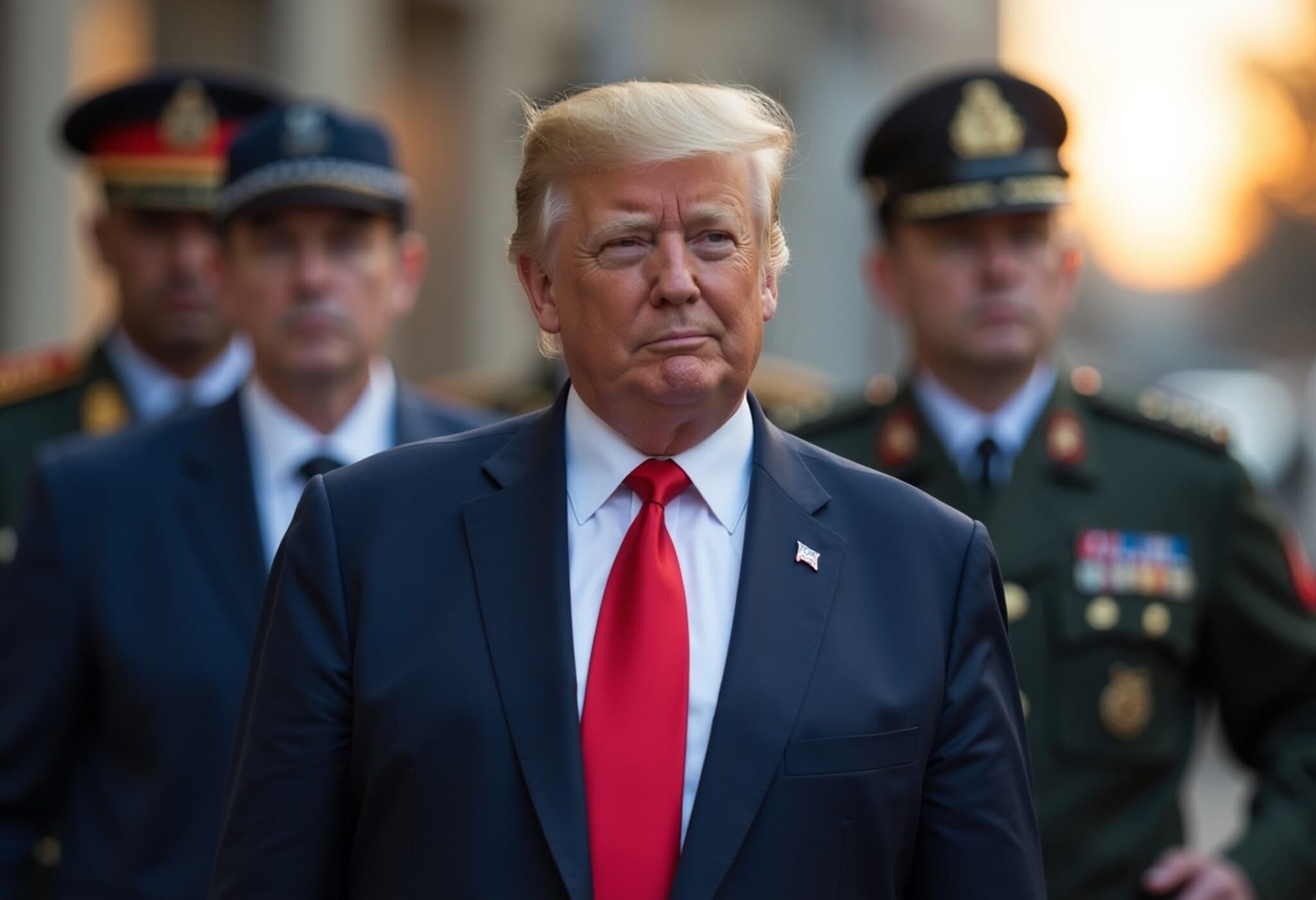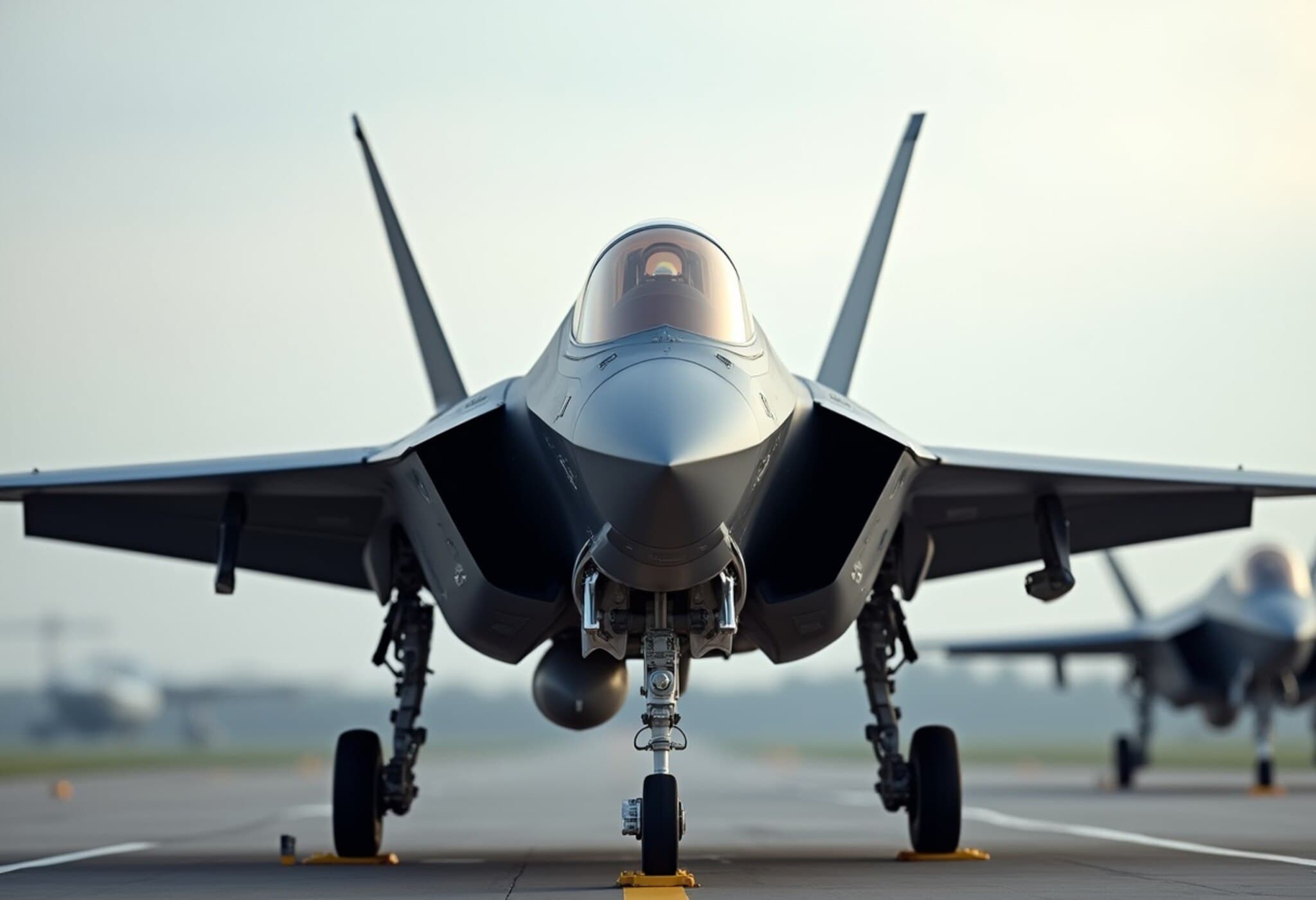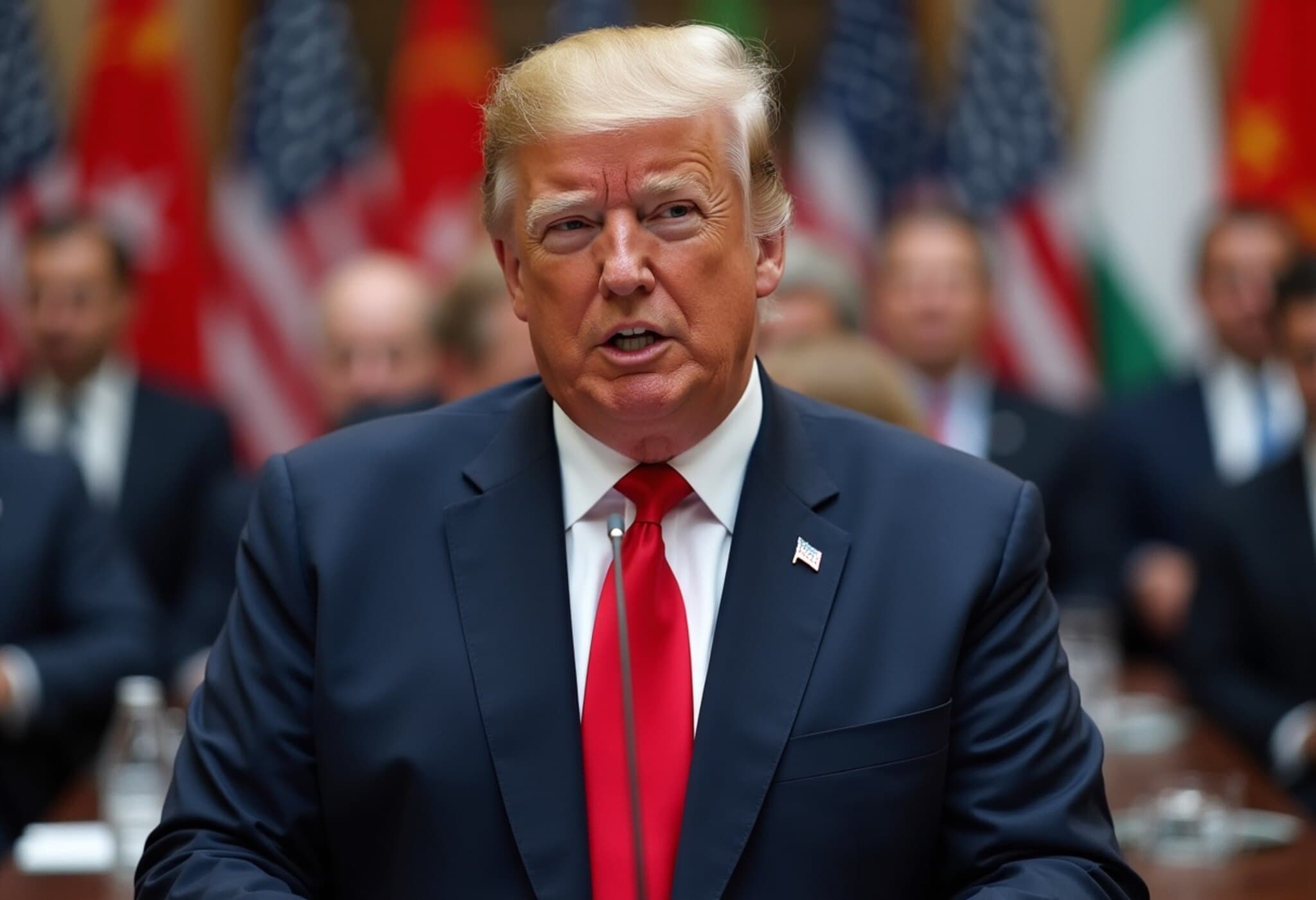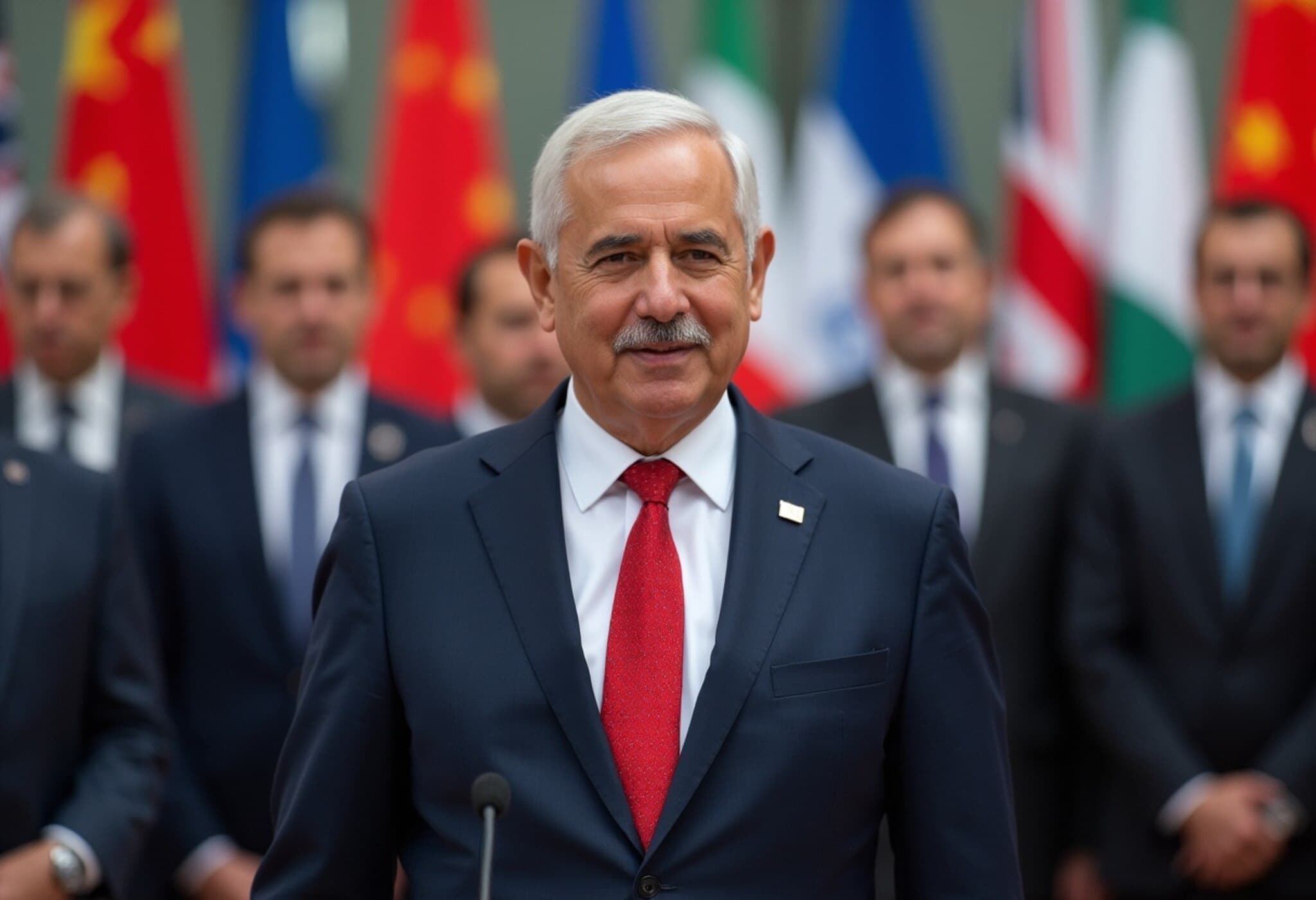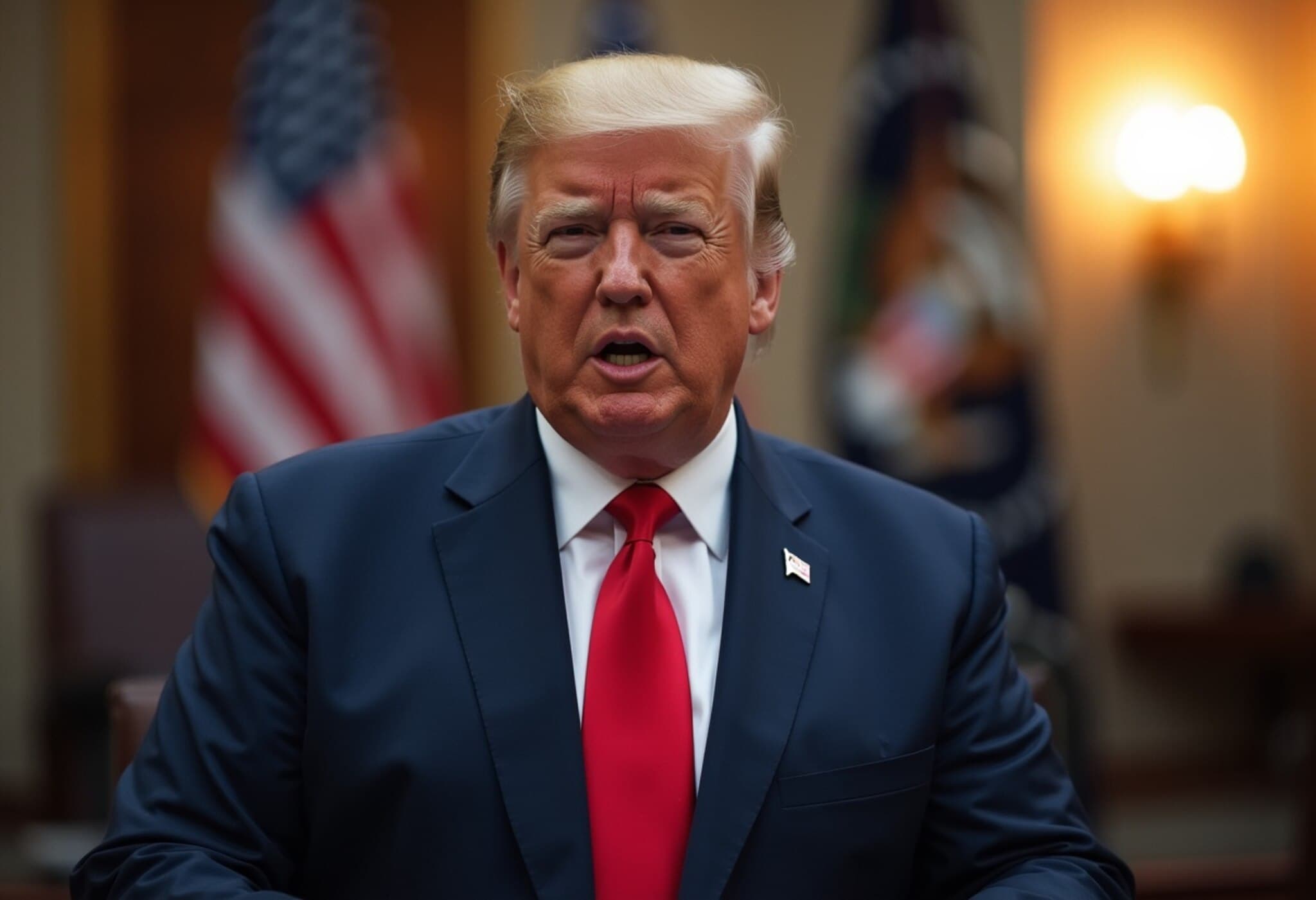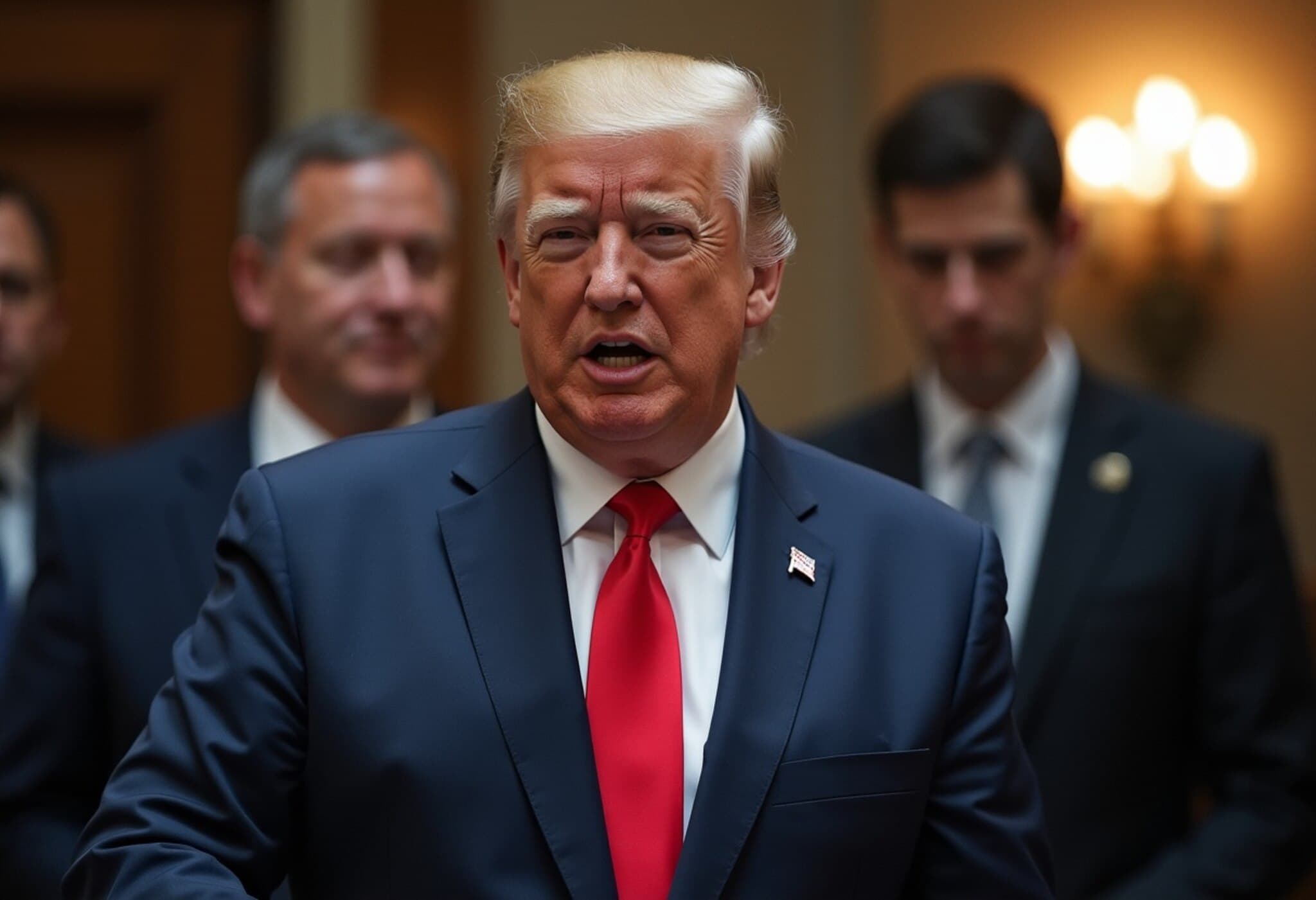UK High Court Rules in Favor of Exporting F-35 Jet Parts to Israel
The High Court in London has upheld the UK government's decision to continue exporting components for the F-35 fighter jets to Israel, despite concerns about their potential use in breaches of international humanitarian law. The ruling came after a protracted legal challenge by a Palestinian human rights organization, which opposed the exports given the ongoing conflict in Gaza.
Background of the Legal Challenge
Al-Haq, a Palestinian NGO based in the Israeli-occupied West Bank, initiated legal proceedings against the UK's Department for Business and Trade over its exemption of F-35 parts from the suspension of certain arms export licenses in 2024. The UK government had suspended some arms exports following concerns over compliance with international law but carved out F-35 components from this suspension.
The government justified the exemption by citing the interconnected nature of the global F-35 program, which involves multiple countries manufacturing parts for the stealth fighter jets. Suspending exports of UK-made parts, which account for about 15% of each jet, could disrupt the supply chain, affect NATO alliances, and impact broader defense collaborations.
Court’s Position: Political Decision Beyond Judicial Reach
Judges Stephen Males and Karen Steyn emphasized that the core question was whether the court could compel the UK government to withdraw from the international F-35 defense collaboration solely because of the risk that British-made components might be used unlawfully by Israel. They ruled that such decisions are political and fall within the purview of the government, not the judiciary.
"Under our constitution, that sensitive and politically charged issue is a matter for the executive, which is democratically accountable to Parliament and ultimately to the electorate," the judges stated in their 72-page ruling.
Impact of the Conflict and Arms Export Decisions
Since the outbreak of fighting in October 2023, Israel's military campaign in Gaza has resulted in the deaths of over 56,000 Palestinians and displaced nearly the entire population of the enclave, which totals over 2 million residents. Israel launched its operations following a deadly Hamas attack that killed approximately 1,200 people and involved the capture of hostages.
Despite recognizing the risk that UK arms exports, including F-35 components, could be used in violations of international humanitarian law, the UK government elected to sustain its participation in the F-35 program. Defence Secretary at the time of the decision cited potential negative consequences, including undermining international security and damaging relations with the United States and NATO.
Reactions and Next Steps
Al-Haq expressed disappointment with the ruling but emphasized the legal challenge has amplified the voice of Palestinians and drawn public attention to UK arms export policies. "This is not the end," said a representative, signaling intentions to explore grounds for appeal.
Human rights organizations involved in the case, including Amnesty International, Oxfam, and Human Rights Watch, criticized the judgment, urging continued scrutiny of the UK’s defense export regime.
A UK government spokesperson defended the verdict, stating it demonstrated the robustness of the country’s export control system and reaffirmed the commitment to regular, thorough reviews of defense export licenses.
Understanding the Broader F-35 Program Implications
The F-35 fighter jet program is a complex multinational project involving multiple countries producing various aircraft parts that are pooled globally to maintain all operational jets. The UK contributes key components such as refueling probes, laser targeting systems, and ejector seats.
Halting the export of these components to Israel could disrupt this global supply chain, with ripple effects across allied nations and defense initiatives. This interdependence shaped the government's decision to exempt the F-35 parts from broader export suspensions imposed after the Gaza conflict escalated.
A Closer Look at Export Licences
- In September 2024, the UK suspended exports of certain military equipment to Israel, following review processes assessing compliance with international humanitarian law.
- The suspension did not cover critical F-35 components, which remained exempted to preserve the functioning of the international defense collaboration.
- Ongoing concerns persist that military exports have continued despite the declared suspension, with potential ramifications for the humanitarian situation in Gaza.
The Human Cost and Global Response
The humanitarian crisis in Gaza underscores the urgency and complexity of balancing defense and security cooperation with respect for international law and human rights. As the conflict endures, questions about accountability and ethical responsibilities continue to fuel debate in governments and civil society worldwide.
While the UK court ruling currently upholds the government's policy to maintain arms exports tied to the F-35 program, the legal and political discussions around this issue are far from concluded.
By reaffirming the UK’s commitment to a multinational defense partnership, the High Court has underscored the difficult intersections of law, politics, and international security in times of conflict.

